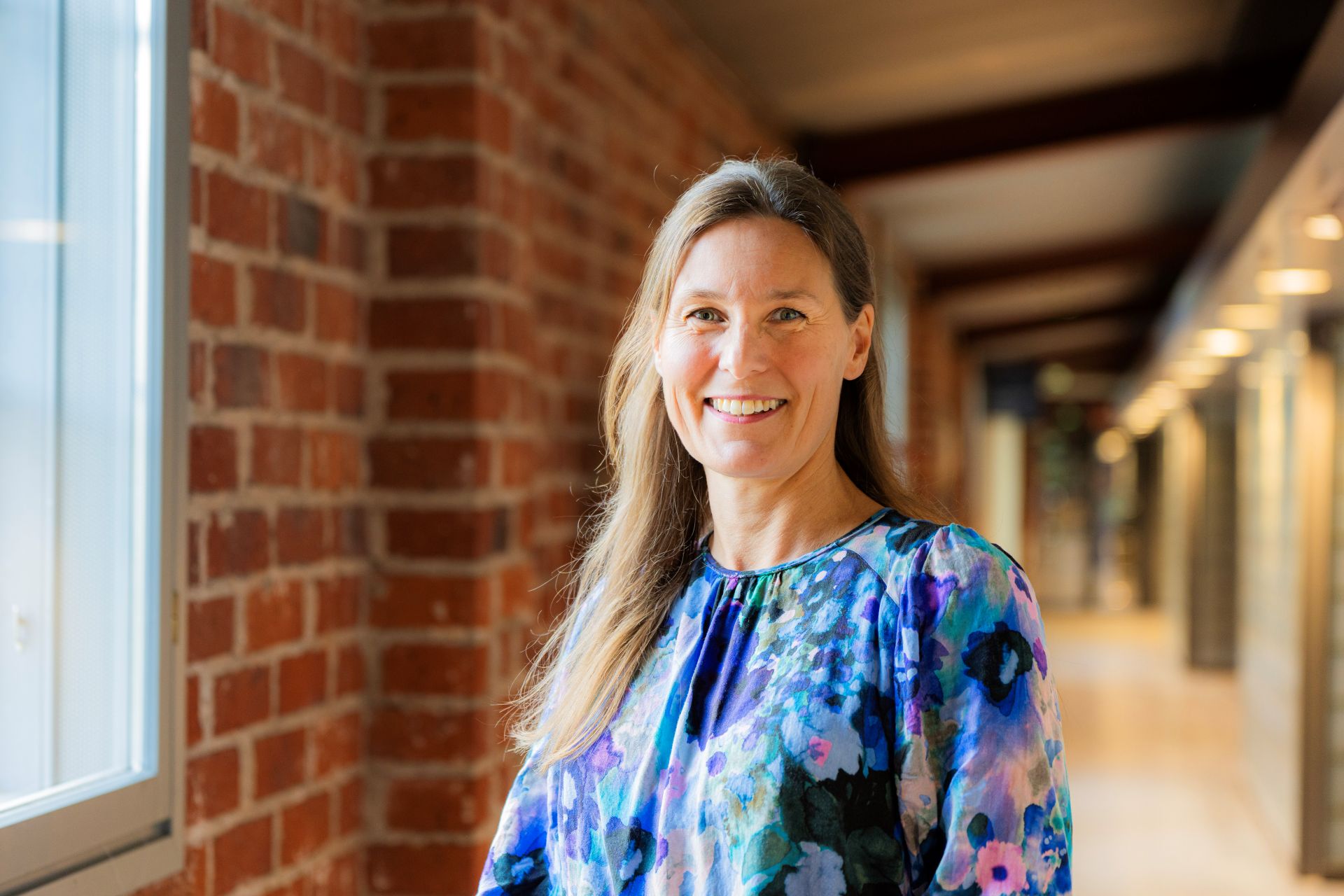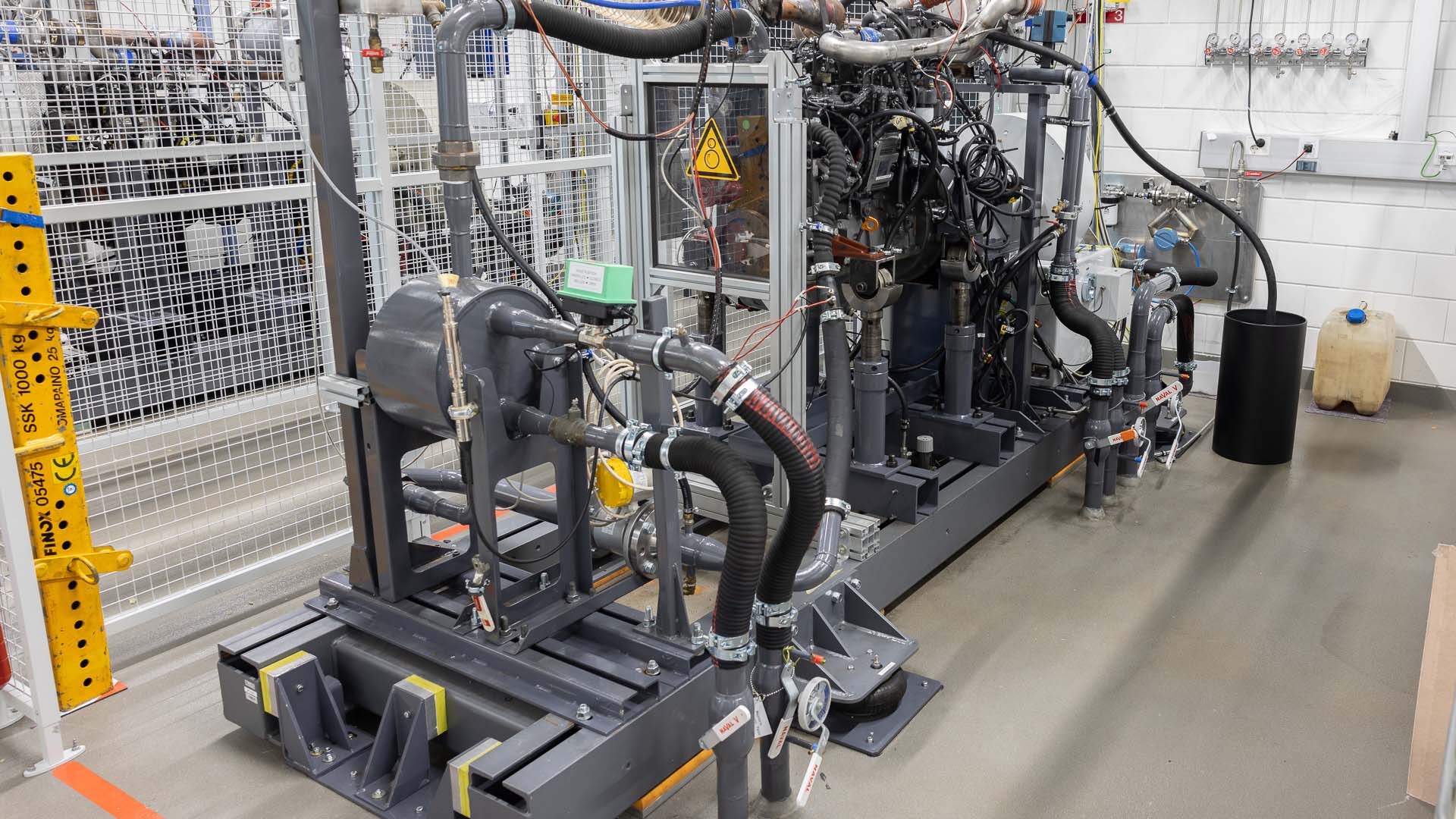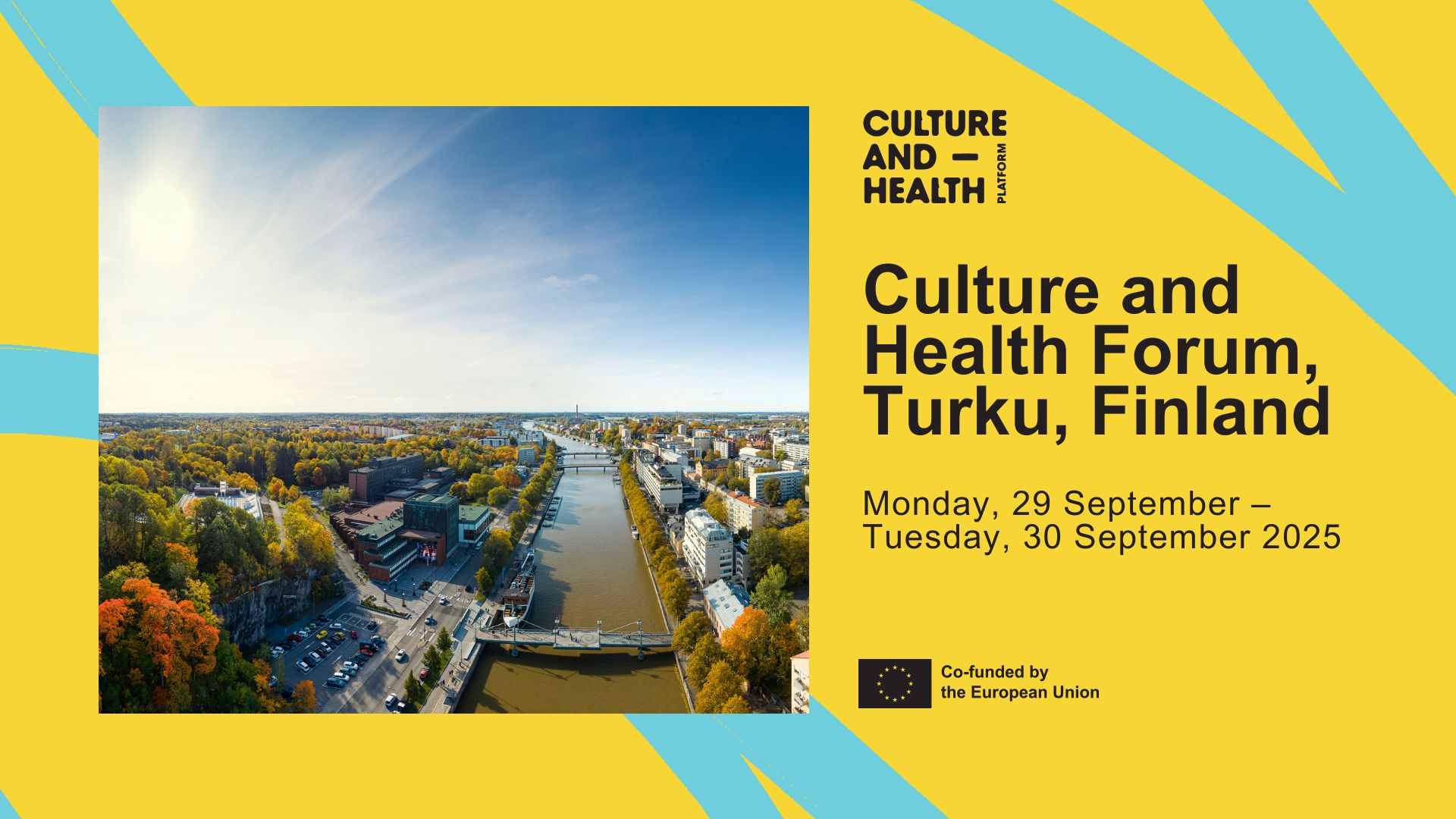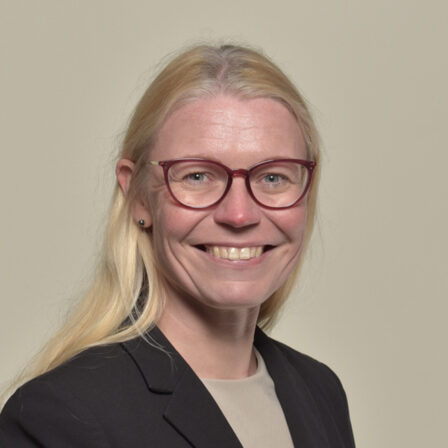The hybrid threat mapping project has been awarded a two-phase Business Finland grant totaling 5 million euros. The project, coordinated by Turku University of Applied Sciences, aims to improve the ability of critical infrastructure operators to protect themselves against hybrid threats and ensure the continuity of society’s operations.

Published:
Edited:
Finnish society is under constant hybrid influence. Hybrid threats are complex, occur over a long period of time and often target critical functions of society. It is a phenomenon that is difficult to grasp in its entirety. Collecting data on different hybrid threats helps to build a situational picture and anticipate the future.
The project “Critical infrastructure protected against hybrid threats (HUSKI)”, coordinated by Turku University of Applied Sciences, has received funding from Business Finland’s Näytönpaikka call, which seeks influential innovations to develop the security of society. The HUSKI project aims to secure critical infrastructure and respond to hybrid threats by creating a data-based situational picture of all aspects of society.
Project funding is in two stages. The first two years will receive €2 million, after which, if the project is successful, it will receive €3 million for the next three years.
Hard-to-detect multiple hybrid threats
Hybrid threats use a wide range of vulnerabilities such as disinformation campaigns, cyber attacks and instrumentalised migration. The break-ins that took place in Finnish water utilities a year ago is one example of a hybrid threat, says Päivi Mattila, Chief Advisor at Turku UAS and leader of the Cyber and Hybrid Resilience research group.
− The break-ins were used to test how the system works. At the same time, it was intended to demonstrate vulnerability and raise concerns about the state of preparedness in society. All this is part of the toolbox of hybrid threat campaigns, says Päivi Mattila.
Hybrid threat-related damage to society is done by authoritarian states that want to damage the decision-making and social stability of democratic states. Hybrid threat attacks take place in the long term and aim to destabilise society. This makes it easier to influence society and allows authoritarian states to pursue their own goals.

Mattila recalls that at the same time as the Finnish water utilities were being hacked, the privatisation of water utilities was under discussion.
− Privatisation was seen as a risk that water utilities might have fallen into the hands of owners whose aims might have included harming society. The water utilities could have been used as a tool for hybrid attacks, says Mattila.
This is exactly the kind of hybrid threats that the project will identify. Signals of hybrid threats can be strong or weak, but by linking phenomena together and analysing the big picture, we can be prepared.
− By analysing the data, we can identify hybrid threat campaigns and related attacks and warn critical infrastructure actors. We will also develop measures to help critical infrastructure actors improve their resilience to attacks.
Wide-ranging expertise
In addition to Turku University of Applied Sciences, the University of Turku, the University of Jyväskylä and Jyväskylä University of Applied Sciences are also involved in the project. The project draws on a wide range of expertise from the fields of data processing, artificial intelligence, culture, communications, politics, intelligence and economics.
− Also participating are journalists from the Film and Media research group of Turku UAS and the Department of Language and Communication Studies of the University of Jyväskylä. They are looking for signals from the media on how to try to influence public opinion on emerging issues, says Mattila.
The project covers a wide range of sectors that are critical to the functioning of society, such as water, energy and transport.
Visit
Read next
-
Phenomenon

Art creates new connections
Art or culture is not an add-on to everyday life, a single aesthetic experience. It is a life force, a source of inclusion and well-being—and the ability to…
-
Press Release

Hydrogen for internal combustion engines
The use of hydrogen as a fuel in internal combustion engines offers significant advantages over the use of hydrogen in fuel cells. A new research project at Turku…
-
Press Release

Art and culture for well-being – Culture and Health Forum brings international experts and artists to Turku
The Turku University of Applied Sciences Arts Academy and the national cultural wellbeing contact point Taikusydän organise the international Culture and Health Forum event in Turku on 29-30…


